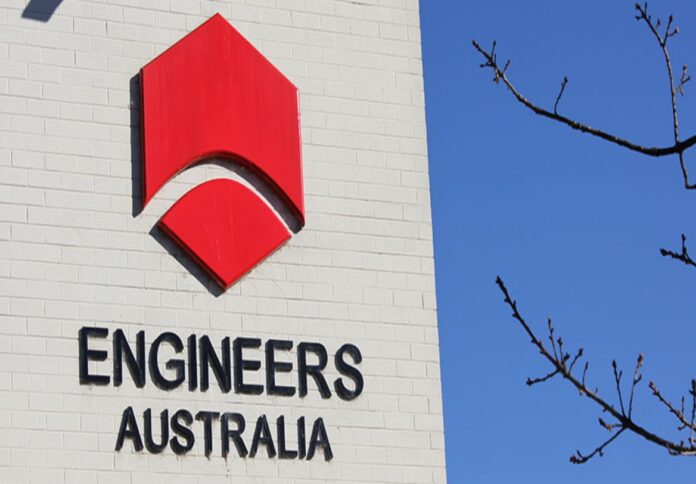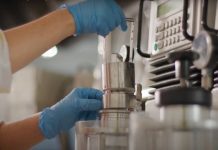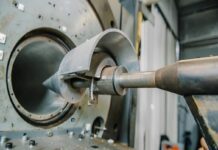
Engineers Australia, through its training arm Engineering Education Australia (EEA) and in collaboration with Deakin University, announced the launch of a new suite of hydrogen energy micro-credentials aimed at addressing the critical skills shortage in the hydrogen and engineering sectors.
This initiative supports Australia’s transition to net-zero emissions and builds the workforce needed to drive the country’s clean energy future.
Funded by the Australian Government’s Local Jobs Program, the training initiative will offer four micro-credentials and a webinar designed to equip engineers with specialised knowledge in hydrogen technology:
- Handling Hydrogen for Engineers
- Hydrogen Fuel Cell Operation, Safety and Maintenance
- Hydrogen Electrolysers
- Hydrogen in the Built Environment
- Hydrogen and Social Responsibility for Engineers (Webinar)
According to the organisation, this new educational suite seeks to fill knowledge gaps among professionals in key sectors such as energy, transport, planning, water, and government, providing them with the tools to safely and effectively contribute to the burgeoning hydrogen economy.
Joel Evans, head of EEA, highlighted the urgent need for upskilling to meet Australia’s net-zero goals: “Research shows a severe talent shortage in hydrogen engineering is impacting our path to net zero.”
“These micro-credentials can bridge that gap by equipping engineers with the skills they need. Partnering with Deakin University allows us to offer practical, industry-focused education to support the profession’s leading role in Australia’s shift to clean energy.”
The project began in 2022 when researchers from Deakin University’s Hycel, a hydrogen technology hub, and the School of Engineering conducted a thorough review of industry needs.
The study identified a growing demand for hydrogen engineering curricula, with input from real-world hydrogen practitioners shaping the program’s design.
Professor Tiffany Walsh, Director of Hycel at Deakin University, emphasised the importance of the collaboration: “Deakin is delighted to partner with EEA to upskill engineers for the growing domestic hydrogen economy.”
“This builds on Deakin’s track record in hydrogen education, from schools to vocational training, and now extends to engineers who will confidently design, plan, build, and operate hydrogen systems,” the professor added.
The program is slated for completion by 30 June 2025.




















